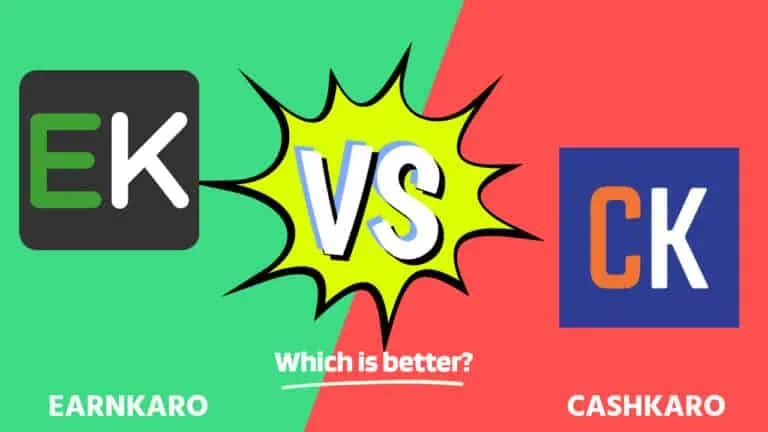Unlocking the Power of Artificial Intelligence in College Education

Photo by ThisIsEngineering on Pexels
Technology continues to advance at light speed, profoundly impacting all aspects of our lives. Whether you’re pondering the revolutionary potential of Big Tech to alter our economies for the better or worry that over-reliance on AI can make us stupid, one thing is certain. Major AI transformations are here, and they’re not going anywhere anytime soon.
The rapid advancement of AI also signals a new era of educational opportunity, with the ability to transform teaching strategies, administrative procedures, and support systems. We examine the revolutionary potential of AI for higher education to get you in the loop regarding the best resources to use for your continual progress.
Boosting Personalized Learning
The facilitation of individualized learning is one of the biggest advantages of using AI in college education. AI algorithms can analyze students’ learning styles, areas for growth, and unique strengths to modify instructional material accordingly. AI can determine where a learner is lacking in comprehension and adjust the questions’ degree of difficulty or offer extra resources to help.
Carnegie Mellon University is among the pioneer colleges that adopted personalized learning methods using groundbreaking AI technologies. Ushering in a new era of education, they use tools that provide each learner with a highly customized learning path. AI not only monitors students’ progress but also deftly adjusts to their learning curve, providing personalized feedback in line with how they engage with the course material. The curriculum, formerly strict and rigid, is now transformed into a flexible and adaptable learning route.
We live in an era where students can no longer imagine a day passing by without technology. With a click of a button, they can order food to be delivered to their doorstep or visit the write my essays website to craft flawless academic papers with the help of top-notch AI-powered tools. This means colleges should adapt by effectively incorporating technology in their curriculums. Otherwise, they can fail to deserve modern students’ attention.
Reinventing College Administration
AI may also expedite administrative work, giving professors precious time to concentrate on more important aspects of education. Routine activities like scheduling, student inquiries, grading, and admissions procedures may now all be automated with the use of bots and AI-powered software. A good example is Georgia State University employing “Pounce,” a smart chatbot that can effectively respond to simple student queries, easing the administrative strain and enhancing student services overall.
Take the University of Texas at Austin as another good example. They have created the OnRamps AI-based system, which enables teachers to offer regular, in-depth feedback on students’ work. This stellar AI technology provides professors with all the tools they need to more effectively provide thorough feedback, pinpointing areas of strength and improvement. This is almost impossible to accomplish if a single professor has to review hundreds of papers on their own.
In the long run, artificial intelligence will altogether change how higher education is administered. AI is paving the way for a more focused, effective, and student-centered approach to college administration by taking over mundane jobs, generating insights from enormous volumes of data, and boosting student services.
Creating Interactive Learning Experiences
AI is redefining the laws of educational engagement by creating dynamic and immersive learning experiences that make knowledge absorption more effective and fun. The emergence of augmented reality (AR) and virtual reality (VR), powered by AI, are revolutionizing the learning environment by transforming static classrooms into immersive and dynamic educational labs.
Let’s look at the field of medical education as an example. Here, the development of VR enables aspiring physicians to embark on virtual operations long before they enter an operating room. In a safe and controlled setting, students may experiment, learn from their mistakes, and eventually develop the skills required for actual procedures. From textbook graphics to a truly immersive, hands-on experience that deepens their learning and better positions them for their professional jobs, it’s really a quantum jump.
The video game business is also leveraging AI to produce instructional games for use at colleges. Take Minecraft Education Edition, for instance, which makes use of gaming-based instruction to instruct students in everything from biology to history. By presenting learning content in fun and engaging way, this method skyrockets students’ engagement and knowledge retention like nothing else.
AI’s Role in Enhancing Writing and Translation
AI has become a powerful ally for students, forever altering the way they write and communicate. With the use of AI technologies, students may boost their writing skills, communicate more effectively, and overcome language hurdles in no time.
AI-powered tools like Grammarly and Quillbot go beyond simple spell-checks to provide a thorough analysis of the text, making suggestions for syntax and even evaluating the writing style. Grammarly offers suggestions in real-time to improve accuracy, tone of voice, and readability. It’s like having a professional writing teacher accessible around the clock to help you polish your writing and better communicate your thoughts.
AI is also extremely potent when it comes to translating content. Modern AI tools deliver precise, real-time translations across a wide range of languages. Go here for more info about the revolutionary potential of modern AI-powered translation services. Also, don’t forget to consider language-learning sites like Duolingo that can help you customize lessons, monitor progress, and even mimic actual interactions. This encourages a deeper comprehension of the language and its subtleties, greatly enhancing your ability to write and translate.
The Way Forward
The future of higher education seems bright as we work to unleash the potential of AI. Groundbreaking technologies have the ability to drastically enhance education by customizing learning experiences, reducing administrative work, and allowing for extremely engaging study sessions.
However, it’s important to approach Big Tech with caution, ensuring that it enhances rather than replaces human potential.
***
Sandra Dodrill is an English professor and blogger. A fan of using top-notch AI technologies in her curriculum to ensure her students always stay on top of their game, Sandra routinely writes about the power of technology for more effective teaching and learning worldwide.
Useful Books for Competitive Exams
Best Books for Competitive Exams [PDF]
Disclaimer: Pavithran.Net doesn’t aim to promote or condone piracy in any way. We do not own any of these books. We neither create nor scan this Book. The Images, Books & other Contents are copyrighted to their respective owners. We are providing PDFs of Books that are already available on the Internet, Websites, and Social Media like Facebook, Telegram, Whatsapp, etc. We highly encourage visitors to Buy the Original content from their Official Sites. If any way it violates the law or if anybody has Copyright issues/ having discrepancies over this post, Please Take our Contact Us page to get in touch with us. We will reply as soon as we receive your Mails.
We Need Your Support. Please Share the Link if it is helpful to your Cherished circle






![Complete Guide for RRB Group D Level 1 Exam [4th Edition -2024] - Disha Experts](https://www.pavithran.net/wp-content/uploads/2025/03/Complete-Guide-for-RRB-Group-D-Level-1-Exam-4th-Edition-2024-Disha-Experts-785x1024.webp)
Thnnnxxx.